2024-07-12
한어Русский языкEnglishFrançaisIndonesianSanskrit日本語DeutschPortuguêsΕλληνικάespañolItalianoSuomalainenLatina
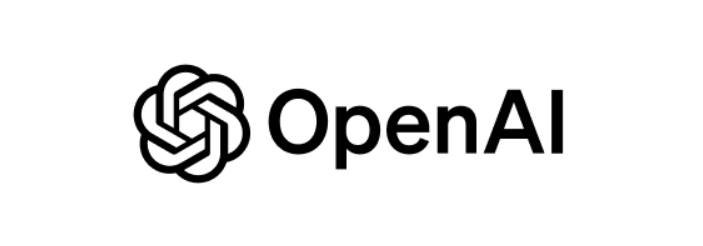
OpenAI
Recently, a shocking event occurred in the AI industry: technology giantsApple and Microsoft have announced that they will give up their observer seats on the board of directors of artificial intelligence unicorn OpenAI.This news was like a bombshell, causing a strong shock in the technology circle.
As the two most important partners of OpenAI, the departure of Apple and Microsoft not only affects the company's governance structure, but also reflects the fierce competition in the AI field and the difficult choices that large companies have to make in the game of interests.
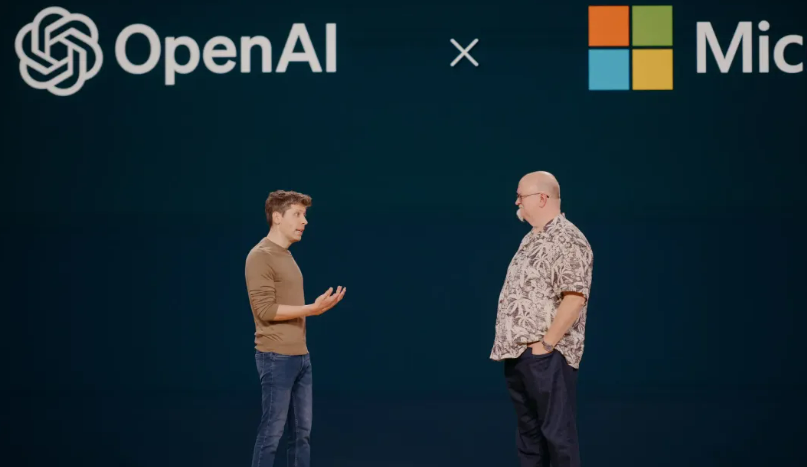
OpenAI and Microsoft
OpenAI was founded in 2015 by Tesla CEO Musk, YC founder Sam Altman and other Silicon Valley bigwigs, with the aim of promoting the development of "safe and beneficial artificial intelligence". After years of technological accumulation, OpenAI launched the large language model ChatGPT at the end of 2022, which became popular all over the world and pushed the company's valuation to $30 billion.
Microsoft has invested in OpenAI since 2019, with a total investment of more than $13 billion. Although Apple did not invest directly, it announced a partnership with OpenAI in June this year, planning to integrate ChatGPT into devices such as the iPhone. The two parties also agreed that Apple executive Phil Schiller would join the board of directors as an observer.
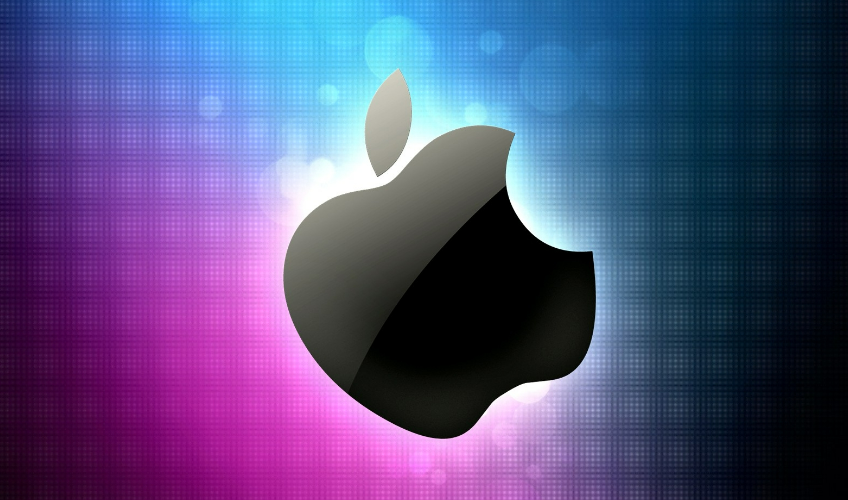
Giving up board observer seat
Judging from the current situation, the "honeymoon period" between OpenAI and the two technology giants did not last long. In early July, Microsoft suddenly sent a letter to OpenAI saying that it would immediately give up its observer seat on the board of directors. Subsequently, Apple also announced similar news and decided not to seek a board seat.
OpenAI and the two companies have issued official statements. OpenAI said, "We thank Microsoft and Apple for their trust in the board and the direction of the company's development, and will continue to cooperate through regular meetings in the future." Microsoft said that it has witnessed "significant progress" made by OpenAI in the past eight months, and "the limited role as an observer is no longer necessary." Apple did not respond directly.
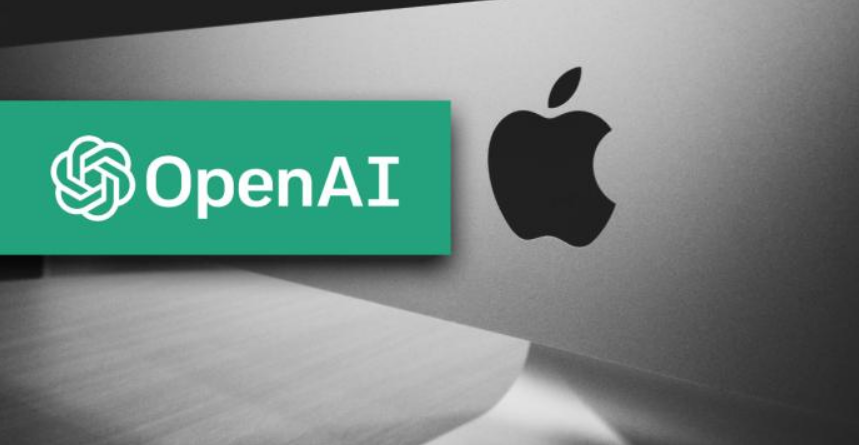
Apple & OpenAI
On the surface, Microsoft and Apple's voluntary withdrawal from the OpenAI board of directors seems to reflect their optimistic judgment and full trust in the prospects of this AI star company. However, industry insiders believe that as regulators in various countries increasingly scrutinize the monopoly of AI startups by technology giants, withdrawing from the board of directors may also be a risk-avoidance move. After all, Microsoft's huge investment in OpenAI has attracted great attention from antitrust departments in the United States and Europe. Apple may also be worried that excessive binding with OpenAI will affect its own autonomy in AI development.
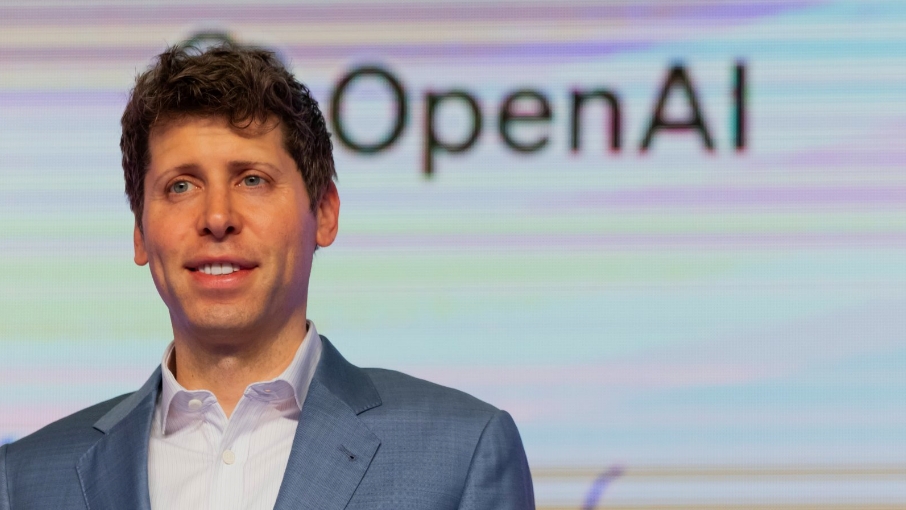
OpenAI CEO Sam Altman
It is undeniable that the departure of two major strategic partners is undoubtedly a major blow to OpenAI. First, the change in the board governance structure may affect the efficiency and stability of decision-making. Second, the loss of financial and technical support from technology giants may delay OpenAI's progress in basic research and commercialization.
But in the long run, maintaining independence may not be a bad thing. As OpenAI CEO Altman said, "The company's mission is to benefit all mankind and cannot be subject to any large company."
Independent development means that OpenAI can focus more on technological innovation rather than commercial interests. At the same time, OpenAI still has many well-known institutional investors such as SoftBank and Khosla, and there is still much to do in the future. Under the dual test of technological innovation and industrial competition, where will OpenAI go? We will wait and see.